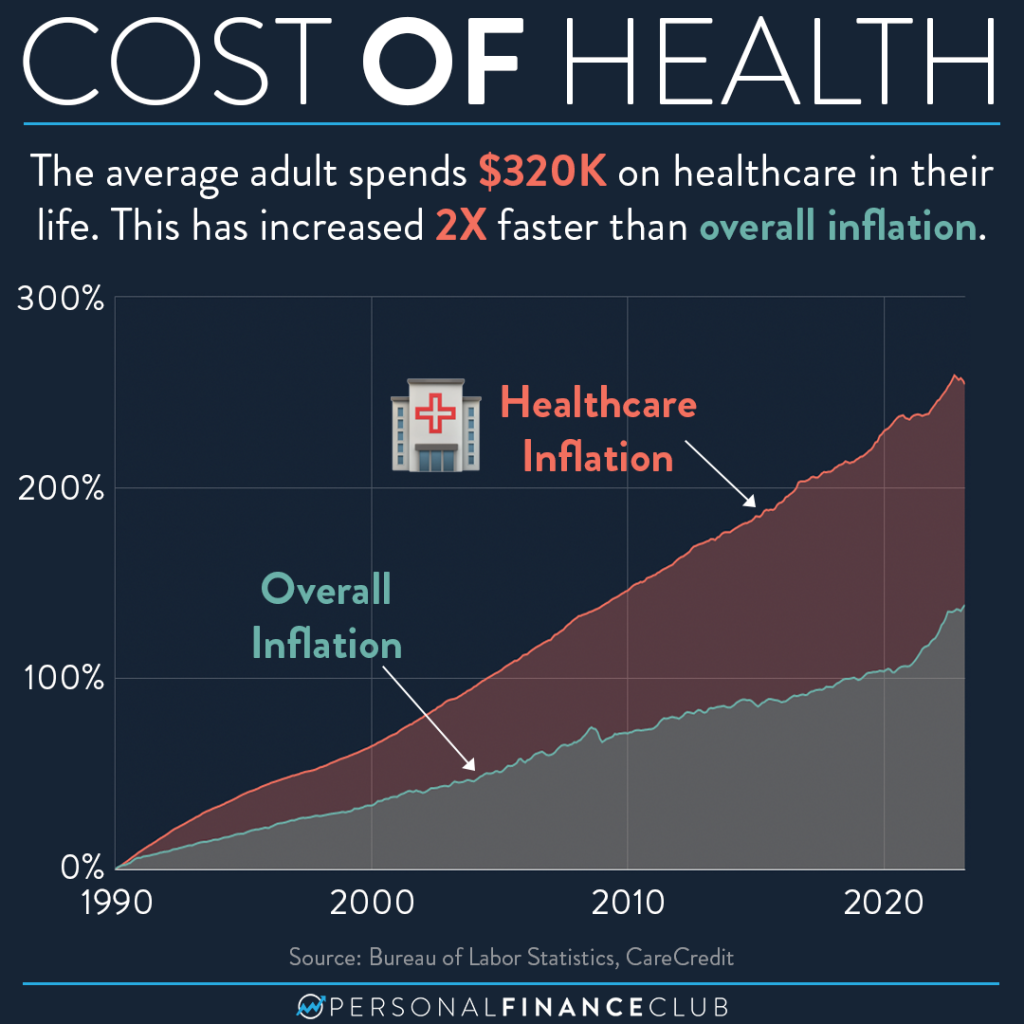Best Healthcare RCM Practices to Enhance Operational Effectiveness and Collections
Wiki Article
Recognizing the Function of Healthcare RCM in Enhancing Financial Efficiency and Individual Contentment
Navigating the details of Health care Earnings Cycle Administration (RCM) is crucial for attaining optimum monetary efficiency while at the same time boosting patient fulfillment. As we check out the transformative potential of RCM, concerns concerning its calculated application and future improvements bid, encouraging understandings that could redefine industry standards and client experiences alike.

Trick Parts of RCM
In the complicated landscape of medical care, Profits Cycle Administration (RCM) is essential in guaranteeing monetary stability and operational efficiency. A detailed RCM system encompasses a number of crucial parts, each playing a crucial function in the smooth monitoring of a health care service provider's financial processes. Client enrollment and eligibility verification are foundational steps, ensuring that exact person info is captured and insurance protection is confirmed before services are rendered. This lowers the danger of insurance claim rejections and accelerates the reimbursement process.
Charge capture is another important part, including the exact recording of solutions supplied to clients. It makes certain that all billable solutions are represented, thus making the most of revenue possibility. Simultaneously, medical coding translates patient encounters right into standardized codes, which are important for billing and regulatory compliance.
Claims entry and administration adhere to, including the preparation and entry of insurance claims to payers. This procedure requires careful focus to detail to decrease errors and prevent hold-ups. Rejection administration is a proactive strategy to deal with and address rejected insurance claims, guarding profits streams.
Lastly, settlement uploading and patient collections complete the cycle, making sure payments are precisely taped and superior balances are sought. With each other, these elements create a robust framework that sustains the economic and functional health and wellness of health care organizations.
Impact on Financial Efficiency
Effective Earnings Cycle Administration (RCM) substantially affects a medical care company's monetary efficiency by maximizing money flow and lowering profits leak. RCM includes the extensive billing and collection processes that ensure doctor efficiently handle their monetary deals from person registration to last settlement. By simplifying these procedures, organizations can minimize denied claims, quicken payment cycles, and boost general economic health.Economic efficiency is enhanced via careful administration of billing treatments, which entails accurate coding and timely submission of cases. This minimizes the chance of case rejections and denials, which can dramatically hinder earnings flow if not addressed immediately. Moreover, integrating advanced innovation services facilitates real-time tracking of insurance claims and monetary metrics, supplying medical care administrators with the devices needed to make informed calculated decisions.

Enhancing Client Satisfaction
While maximizing financial efficiency is a key purpose of Revenue Cycle Monitoring (RCM), it also plays a crucial duty in improving client contentment. Individuals today need transparency, effectiveness, and precision in their medical care interactions. RCM systems improve these processes, offering patients a smooth you can check here experience from appointment scheduling to payment. By lowering management problems, RCM enables doctor to concentrate a lot more on person care, which straight boosts client satisfaction.
RCM likewise boosts individual fulfillment through reliable communication. By maintaining a comprehensive database of individual info, RCM facilitates enhanced interaction in between patients and health care suppliers, ensuring clients really feel read this article educated and valued. This openness and ease of access promote a positive client experience. On the whole, reliable RCM execution not just improves financial outcomes however likewise dramatically adds to a patient-centered health care environment.
Strategies for Efficient RCM
Achieving effective Earnings Cycle Monitoring (RCM) needs medical care companies to execute a collection of calculated practices that guarantee economic security and operational effectiveness. One important approach is the fostering of technology-driven options, such as incorporated software platforms that improve invoicing procedures, decrease errors, and enhance data precision. These systems make it possible for real-time monitoring of monetary metrics, allowing for punctual identification and rectification of inefficiencies.An additional approach is the standardization of procedures throughout the earnings cycle. Healthcare RCM. This includes creating consistent policies for client registration, insurance confirmation, and asserts processing. By making sure that all personnel stick to these criteria, companies can decrease inconsistencies and quicken repayment collections
Personnel training and advancement likewise play a critical duty in effective RCM. Well-trained personnel can effectively navigate intricate billing procedures and guidelines, boosting and decreasing denials capital. Normal updates on policy modifications and finest practices help keep a experienced and proficient labor force.
Future Trends in RCM
As health care companies improve their Earnings Cycle Management (RCM) strategies with innovation and standard processes, attention is currently transforming in the direction of the future patterns forming this important area. One substantial fad is the integration of man-made knowledge (AI) and artificial intelligence to automate intricate tasks, such as insurance claims processing and predictive analytics. These technologies are anticipated to reduce mistakes, speed up deal times, and offer data-driven insights for much better decision-making.
In addition, the change towards value-based care proceeds to affect RCM methods - Healthcare RCM. Health care suppliers are anticipated to progressively concentrate on patient outcomes and over at this website satisfaction, necessitating RCM systems that can suit brand-new reimbursement designs. This change will certainly require more comprehensive information collection and analysis to properly determine and report on performance metrics
Interoperability is another arising top priority, as smooth information exchange in between inconsonant systems ends up being critical. Enhanced interoperability will certainly help with even more precise client info sharing, decreasing management worries and boosting the patient experience.
Final Thought
Medical Care Revenue Cycle Administration (RCM) substantially affects both financial efficiency and patient complete satisfaction by optimizing billing processes, ensuring exact coding, and making it possible for punctual claims entry. Efficient RCM reduces revenue leak and accelerates cash flow, lowering case denials and speeding up payments. This effectiveness promotes trust fund and complete satisfaction among patients. RCM systems likewise facilitate much better communication and flexible payment choices, developing a patient-centered experience. Future RCM trends will likely concentrate on more incorporating modern technology to boost these benefits.Browsing the intricacies of Health care Income Cycle Administration (RCM) is crucial for achieving optimal financial efficiency while concurrently raising client contentment. RCM encompasses the comprehensive payment and collection processes that make sure healthcare carriers effectively handle their economic transactions from individual enrollment to final repayment. By lowering management concerns, RCM enables health care companies to concentrate more on individual care, which directly enhances person satisfaction.
By preserving a comprehensive database of individual details, RCM assists in enhanced interaction between individuals and health care suppliers, guaranteeing patients feel educated and valued.Health Care Income Cycle Management (RCM) considerably affects both financial performance and patient contentment by maximizing payment processes, making certain specific coding, and allowing punctual claims submission.
Report this wiki page